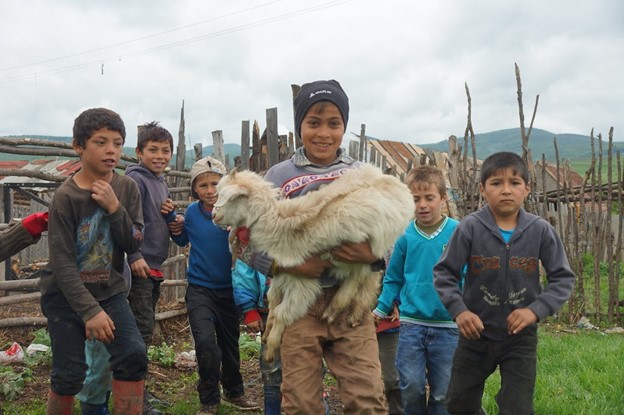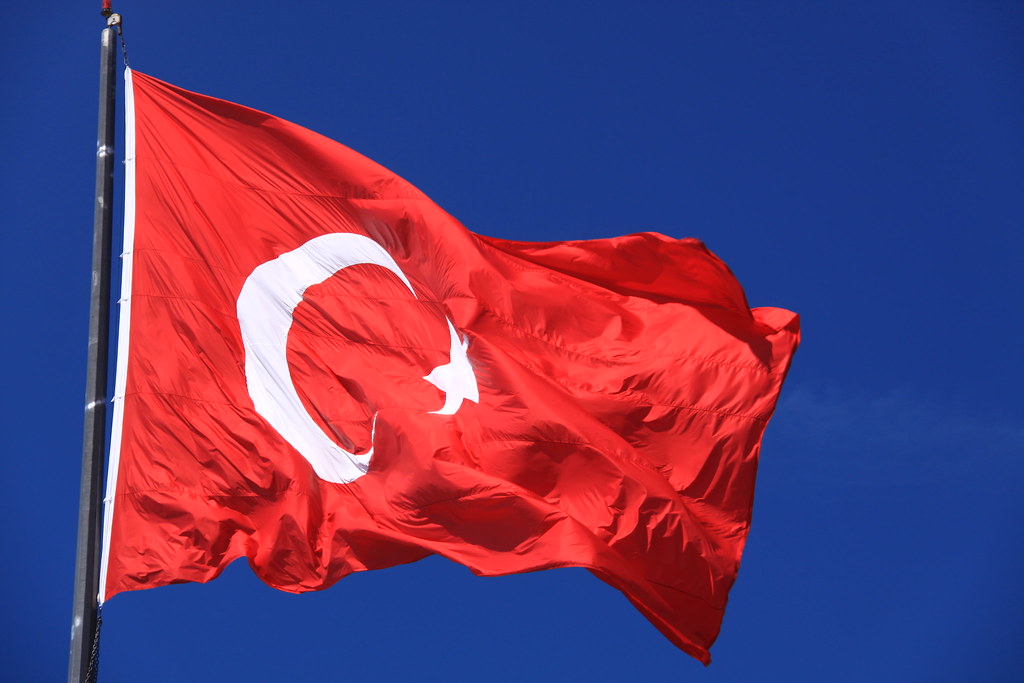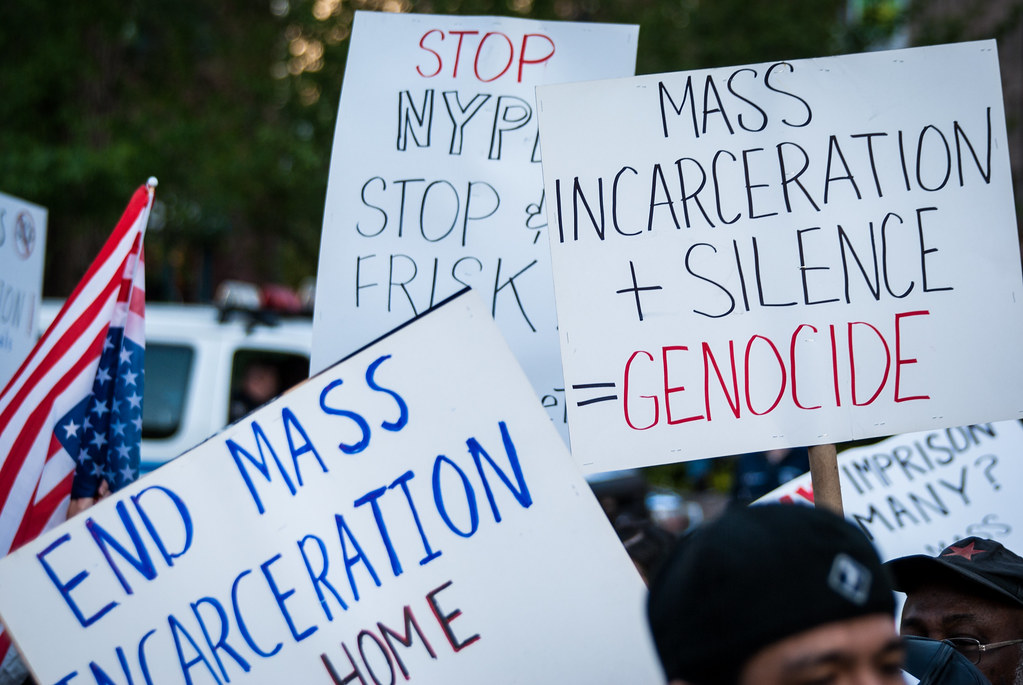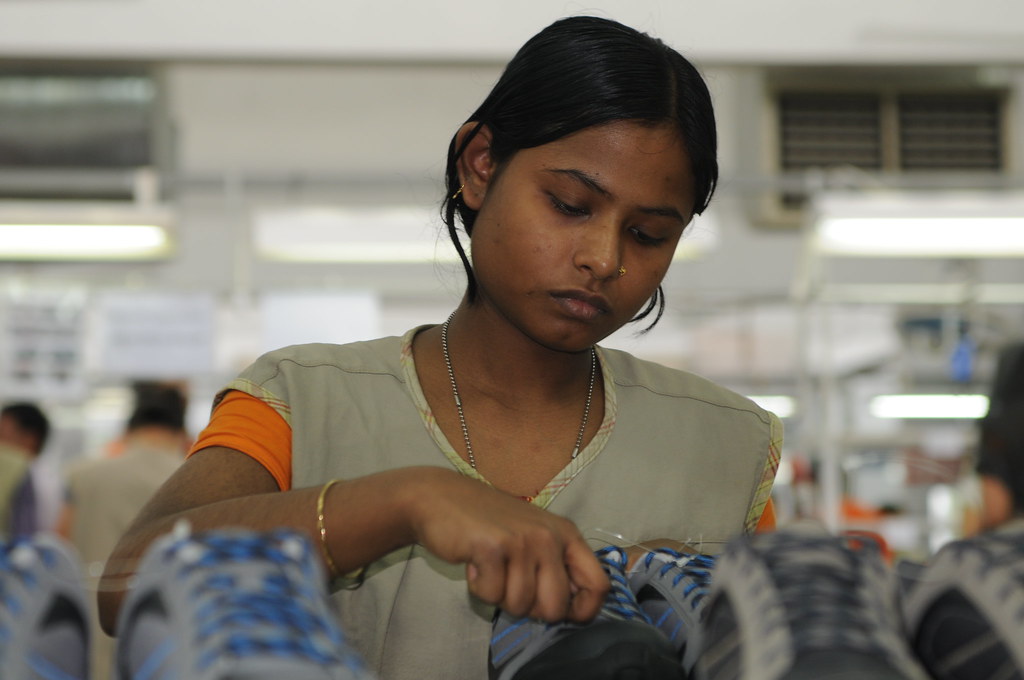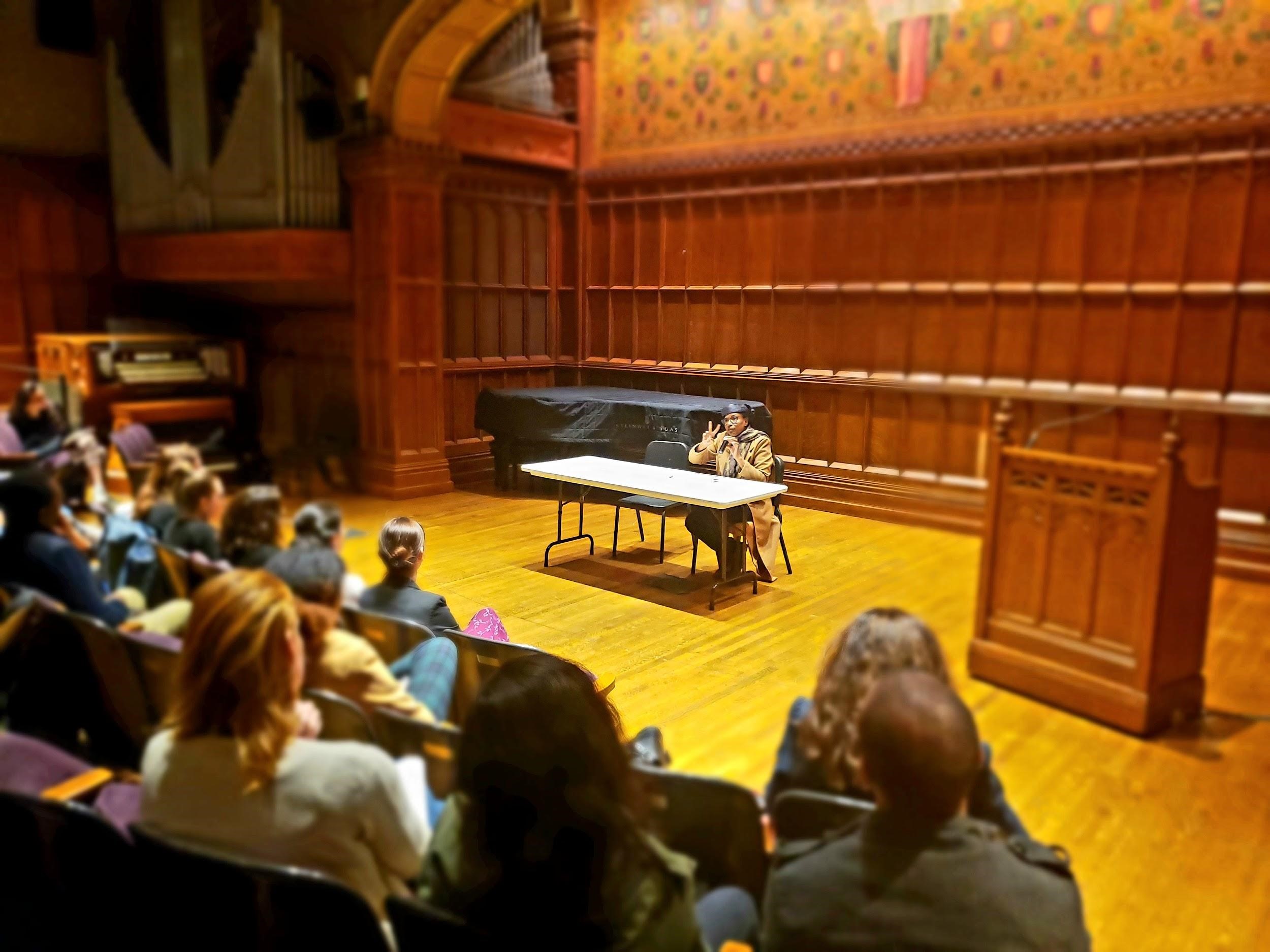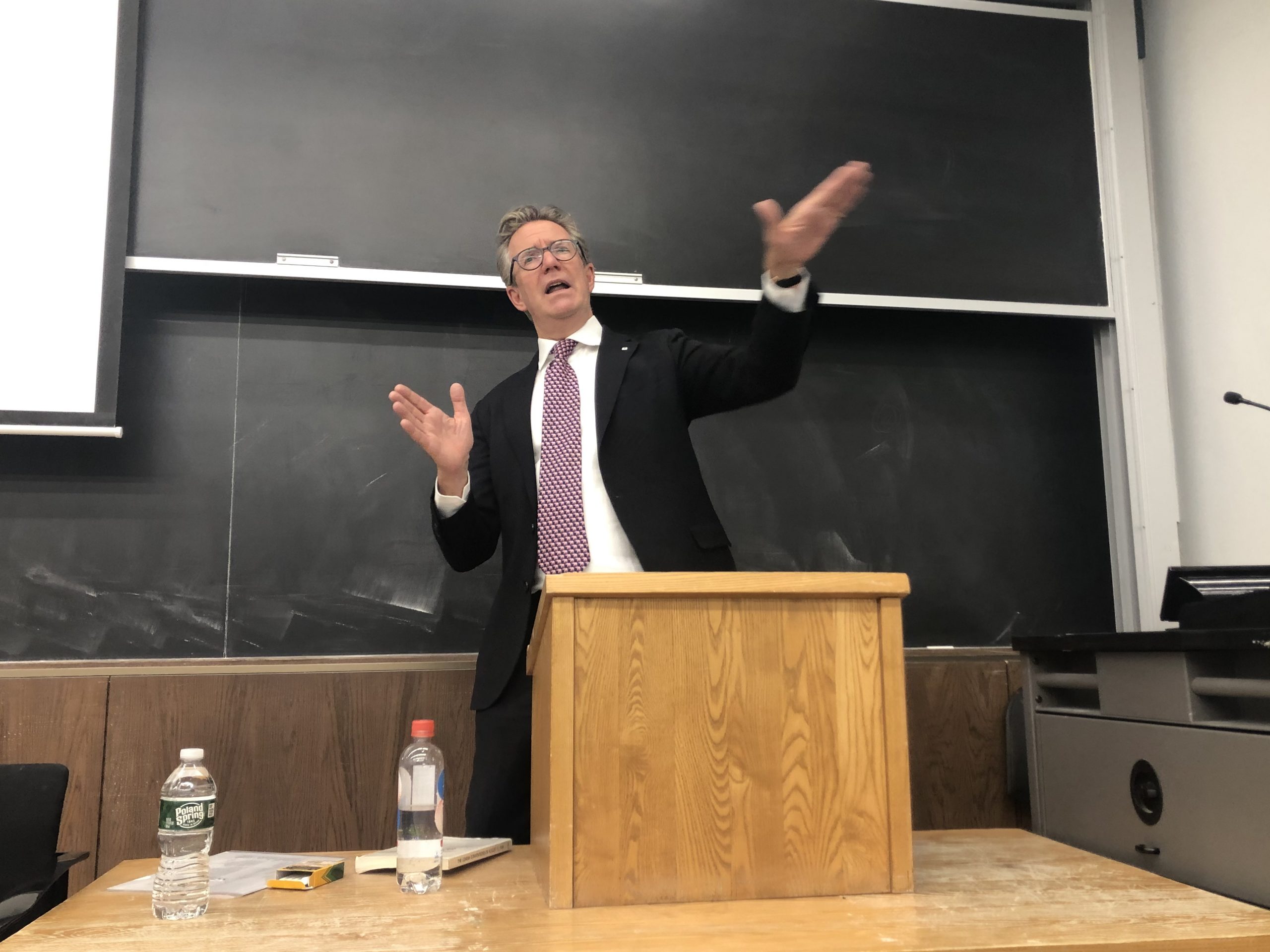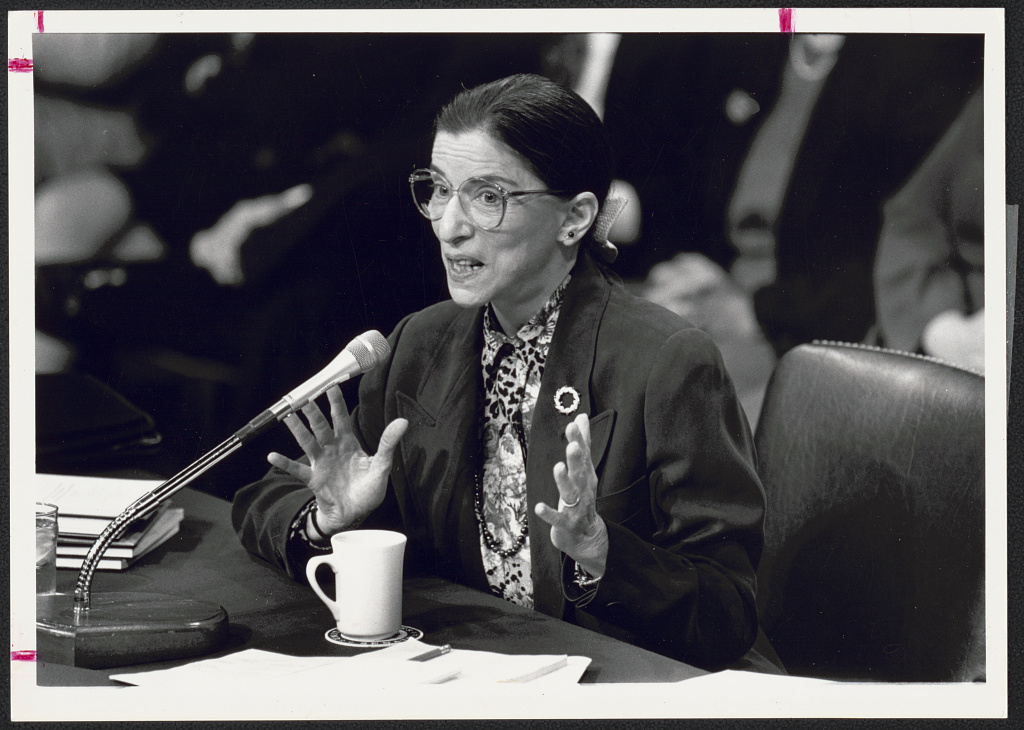
Complicating Ruth Bader Ginsburg’s Legacy Through the Lens of White Feminism, Race, and Indigenous Rights
By Rowena Kosher, Co-Editor of RightsViews and student at Columbia's School of General Studies majoring in Human Rights with a Concentration in Gender & Sexuality Studies.
On September 18, Justice Ruth Bader Ginsburg died at 87, after serving on the Supreme Court of the United States (SCOTUS) for 27 years. Ginsburg, popularly known as RBG, and in her most recent fame “The Notorious RBG,” is a feminist icon. This is for good reason—she accomplished a number of “firsts” in her lifetime and her work contributed to groundbreaking progressive legal changes, particularly regarding gender.
Ginsburg graduated top of her Columbia class and became the first woman to be appointed as full professor at Columbia Law. As Director of the ACLU’s Women’s Rights Project, she litigated over 300 sex discrimination cases before working on the D.C Court of Appeals for 13 years. Ginsburg joined SCOTUS in 1993, where she served until her death. During this time, Ginsburg rose to mainstream fame, becoming well known...

